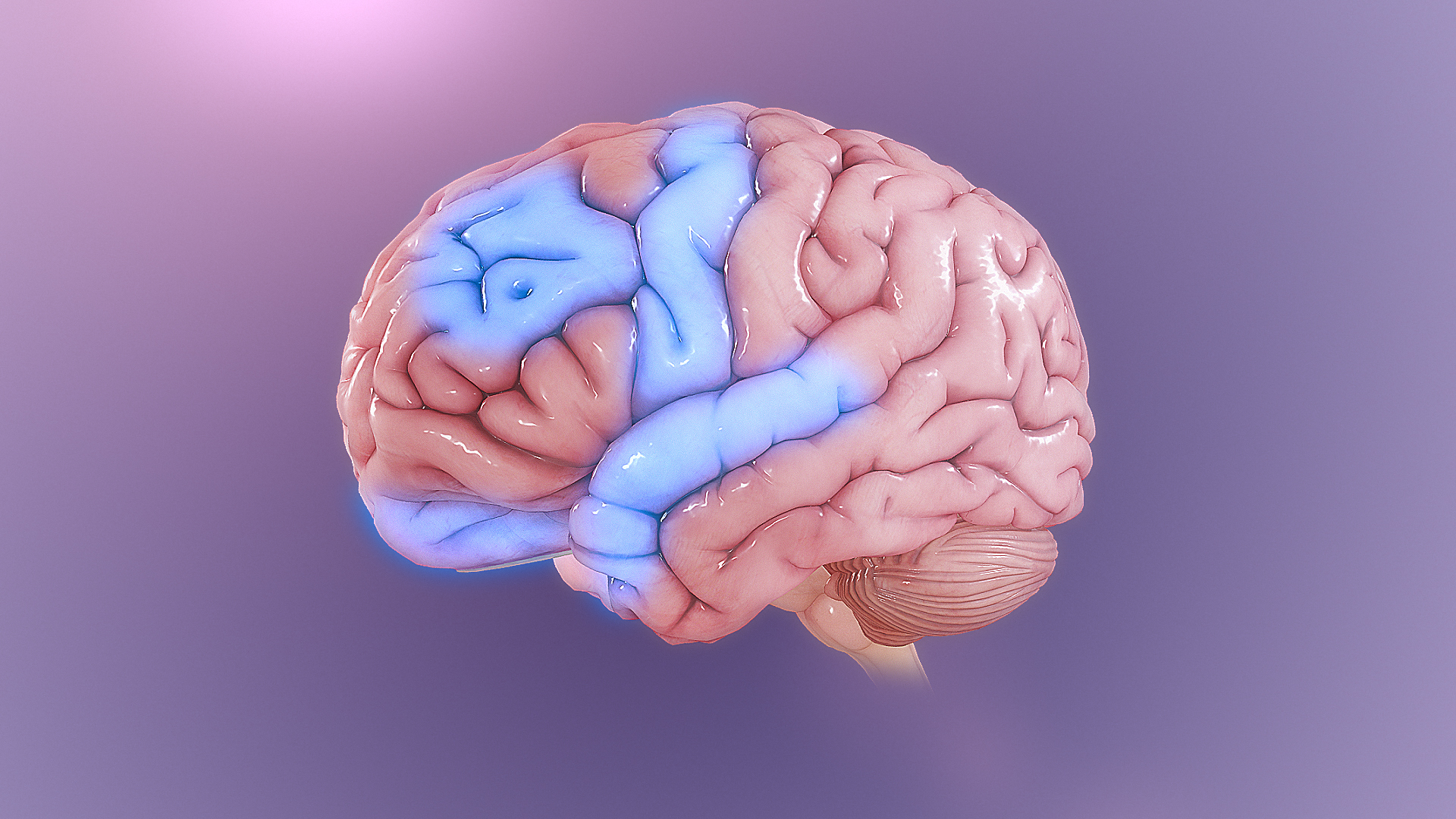Obsessive-compulsive disorder is a mental illness or anxiety disorder that causes recurring unwanted sensations, thoughts, or the urge to do things over and over again. Some people may have both compulsion and obsessions; if you have any of these, visit OCD in New York for an evaluation.
What are the symptoms of OCD?
OCD mainly includes both compulsion and obsessions.
Obsession symptoms
They are persistent, repeated, unwanted thoughts, urges, or disturbing images and cause anxiety and distress. You may try to get rid of them or ignore them by performing a ritual or compulsive behavior. Obsessions usually interfere when you are trying to do other things.
Obsession symptoms include:
- Fear of germs or being contaminated by touching objects touched by other people.
- Unwanted taboos or forbidden thoughts involving religion, harm, or sex.
- Thoughts about shouting or acting abnormally in public
- Stress when objects are not facing a certain way and the thought of losing control and harming yourself.
Compulsion symptoms
OCD compulsions are behaviors that repeat themselves, and you feel driven to do them. These repetitive mental acts or behaviors are there to reduce anxiety or prevent something unpleasant from happening. Engaging in compulsions is of no pleasure and can only relieve anxiety temporarily. You can make up rituals or rules to follow to help control your anxiety when having obsessive thoughts. The compulsions are excessive and are not really related to the problems they should fix. Some compulsion symptoms include:
- Washing hands until they become raw.
- Checking on things repeatedly, such as repeatedly checking if the oven is off or if the door is closed.
- Arranging things in a specific and precise manner.
- Repeating a prayer, phrase, or word silently and counting things in a certain pattern.
Diagnosis
Psychological evaluation. This involves discussing your feelings, thoughts, behavior patterns, and symptoms to determine if you have compulsive or obsessive behaviors that obstruct your life quality. This may also include talking to your friends and families.
Diagnostic criteria for OCD. The doctor may use these diagnostic criteria and statistical manuals (DSM-5), published by the American psychiatric association.
A physical exam can rule out other problems that can cause symptoms and check for any complications.
Treatment
OCD might not result in a cure but can help control the symptoms not to overtake your life. There are two main treatments of OCD, namely, medications and psychotherapy. Medication is the most effective while combined with all of this.
Psychotherapy. Cognitive-behavioral therapy is a type of psychotherapy, which is effective for many people with OCD. A component in CBT (exposure and response prevention) involves exposing you to obsession, such as dirt, feared objects, and having to resist the urge to do compulsive rituals. ERP takes practice and effort, but you can enjoy a good quality of life after learning how to manage your compulsions and obsessions.
Medication. Certain medications help you control the compulsions and obsessions of OCD. In most cases, antidepressants are tried first. You should consider some issues and talk to your doctor about medications for OCD including side effects, suicide risk, and interactions with other substances.
If you are struggling with mental illness and are on the brink of suicide, the Thriving Center of Psychology has a mental health expert team. It doesn’t matter how complicated your case is, the highly skilled team can help you. Book your OCD evaluation today and schedule an appointment.


